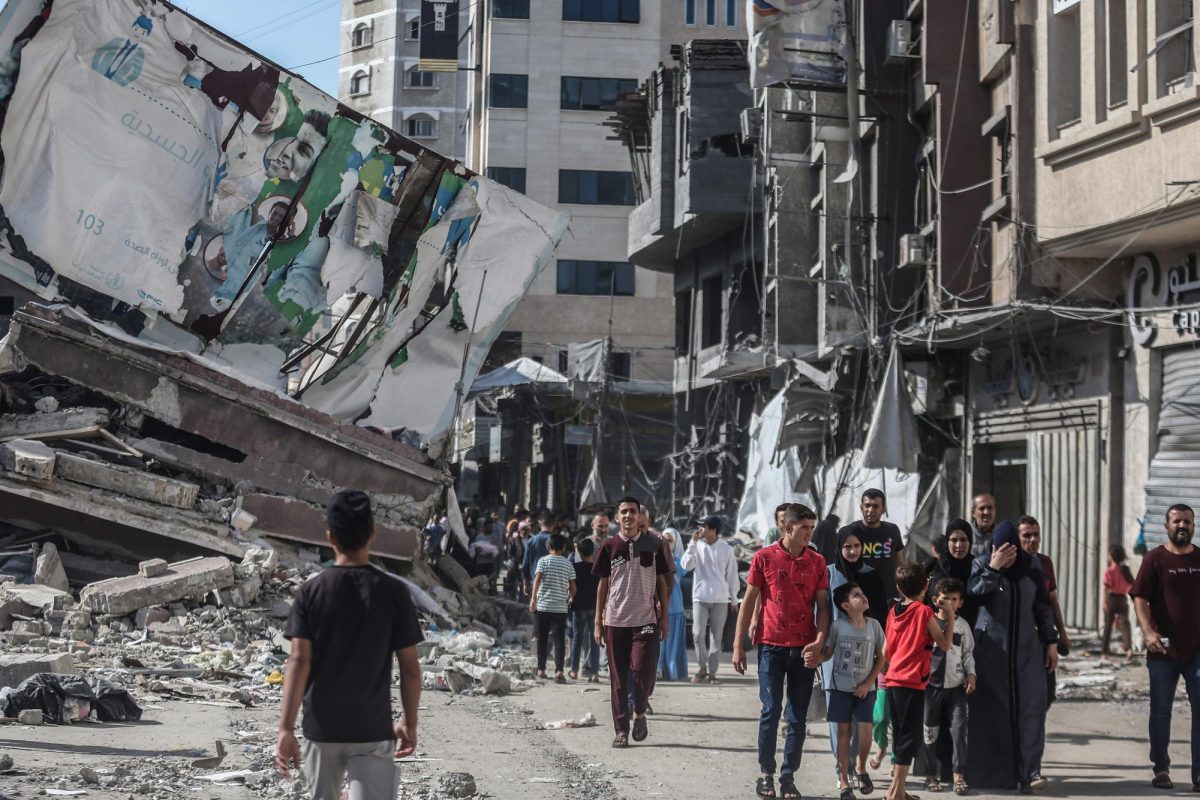Israel has been a United States’s ally in the Middle East since their established diplomatic relationship in the 1940’s. From helping set an example, to amassing major funding from foreign trade, America has usually supported Israel in their governmental efforts.
However, with the United States’s late reaction — or rather late overreaction now — the current conflict between Hamas and Israel will not only add tension to those opposing sides, but the surrounding major powers as well.
On Oct. 7, Hamas, a military organization that governs the Gaza Strip in the East, initiated an attack on Israel. This attack was a result of the growing frustration of Palestinians towards Israeli policies and expansion. After Israel engaged in conflict is when the US started to shift militia to prepare aid, as well as prevent other threatening countries from taking advantage of a vulnerable territory.
However, with the rise in physical aggressiveness between the two, instead of the U.S. overseeing the conflict and moderating it, America’s military has taken part in the battle. While it is totally acceptable to support allies when there is a physical threat, the chance of the U.S. being the mediator and having the most power to instill peace over Hamas and Israel is diminished greatly.
As America continues to favor Israel for principled reasons, this sets a precedent for other major countries and their roles in the conflict as well. Russia is having a hard time staying unbiased; they have a nuanced relationship with Hamas which includes geographical and economic interests. With the whispers of a hot war growing between the U.S., Russia, and even China, this conflict can serve as a gateway to a war much greater than originally anticipated.
Looking at the current economy of the United States, the country does not seem ready militarily or monetarily to defend itself in a long term situation. Internal issues need to have more care and focus taken to them, so the country is then better equipped for when there is another delicate matter involving the susceptibility of allies to danger and the outline of a threat with enemies.
Although providing military support to Israel is a given to the U.S. government, when the Israeli military continues to contribute to much larger issues like the current humanitarian crisis in Palestine that the U.S. is actively trying to fix, it is difficult not to condemn the reasoning that will cause unfavorable outcomes for this battle. When the United States continues to support Israel with weapons, there is nobody to diffuse the issue; a deeper problem will be and is currently being formed from the lack of communication and over-usage of weapons.
With Israel’s determination to completely dissolve Hamas, who is to say there will not be another retaliation in the future? Mentioned earlier, Hamas expressed that their attack was due to the build up of problems with Israeli policy; how does destroying Hamas stop other radicals in Gaza from forming another group? In prioritizing a short term solution, this creates more long term danger for the U.S. and Israel for retaliation from either Hamas or an ally of theirs.
The United States should have made a more careful effort in terms of debating the effectiveness of theirs and Israel’s plan to dismantle Hamas.




